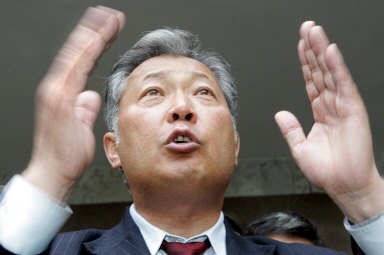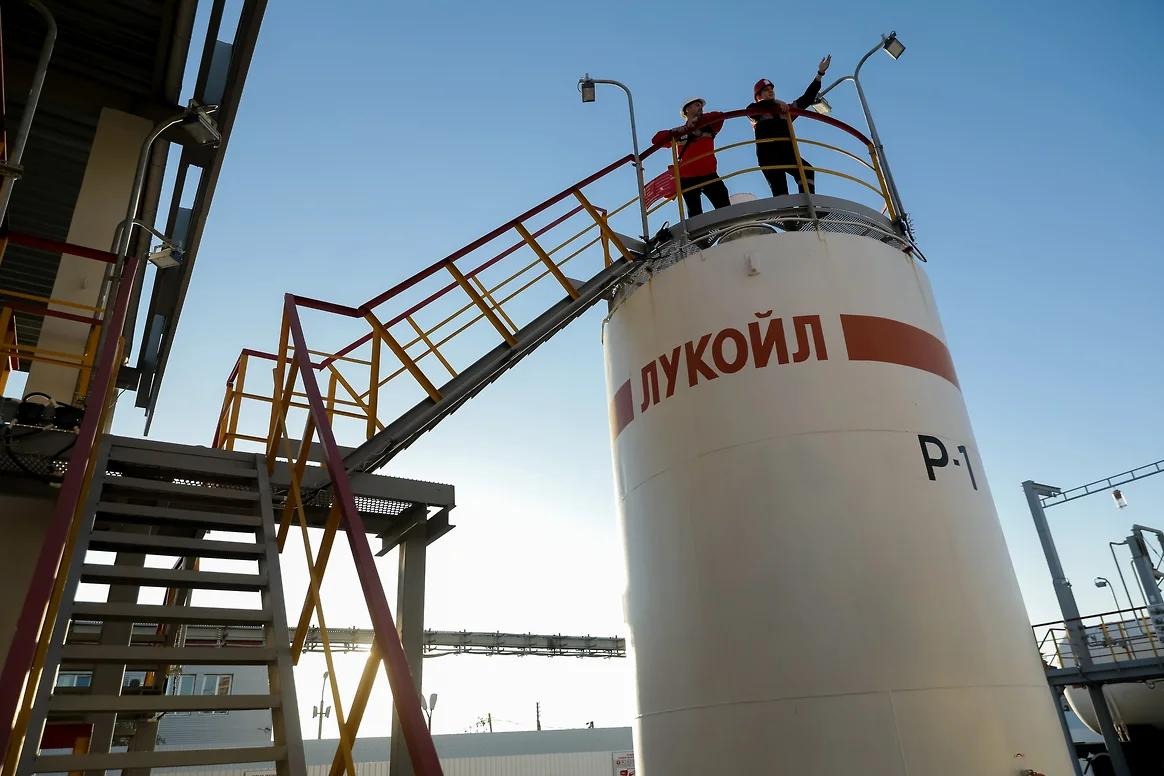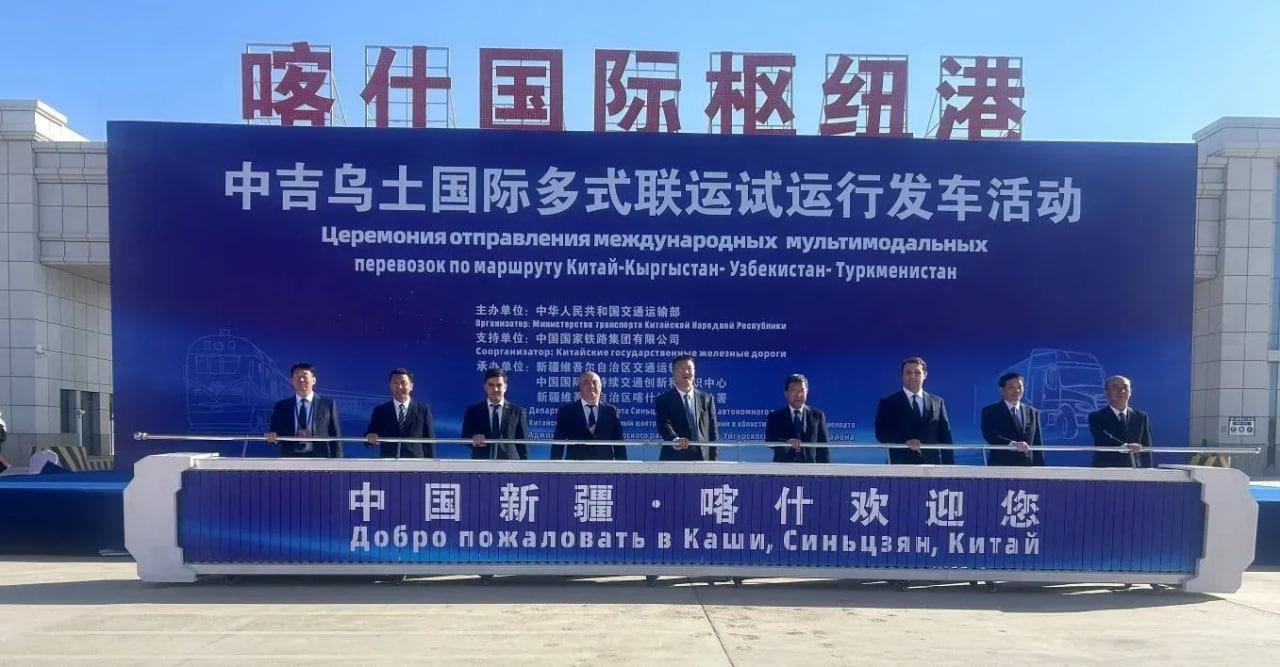
ANTICLIMACTIC END TO KYRGYZ REVOLUTION
ANTICLIMACTIC END TO KYRGYZ REVOLUTION
Kyrgyz President Kurmanbek Bakiyev’s August 14 inauguration demonstrated that Western expectations and Russian fears of a democratic revolution in Kyrgyzstan were equally misplaced. By the same token, the inauguration and its immediate aftermath highlighted the daunting cultural distance to democracy that Kyrgyzstan (and some of its neighbors) need to travel. The inauguration and post-inauguration events also indicated an increase in Russian influence at Western expense, and of Kazakhstan’s influence at Uzbekistan’s expense in Kyrgyzstan.
The Bush administration had initially hailed the regime change in Kyrgyzstan as a triumph of democracy and a vindication of the administration’s policy in that regard. Even when developments on the ground caused Washington to modify that assessment, the administration promised that Secretary of State Condoleezza Rice would attend the presidential inauguration in Bishkek. That promise was apparently reaffirmed in early August, in the context of encouraging Kyrgyzstan’s new leadership to resist Uzbekistan’s demands for extradition of fugitives from Andijan. Ultimately, Washington lowered its representation level at Bakiyev’s inauguration by sending Commerce Secretary Carlos Gutierrez to the inaugural events that could no longer be expected to look like a celebration of democracy.
Instead, the inauguration ushered in a potentially unstable diarchy of Bakiyev and Prime Minister Felix Kulov — an ad-hoc alliance that Moscow brokered in May between two veteran pro-Russian politicians. Both Bakiyev and Kulov depicted Russia as a history-ordained senior partner to Kyrgyzstan in their statements. While Bakiyev seconded Moscow’s calls for an end to the American military presence in Kyrgyzstan, Kulov seems prepared to continue the deposed president Askar Akayev’s policy of balancing among Russia, China, and the United States.
Representing Russia at the inauguration, Federation Council Chairman Sergei Mironov announced that Russia’s Unified Energy Systems has agreed to take over Kyrgyzstan’s energy distribution system in the form of a concession at Bishkek’s request. Bakiyev also asked for visa facilities for the Kyrgyz labor migrants in Russia, whose number along with dependents is estimated at some 400,000.
Following the inauguration, Bakiyev’s August 15 speech to an extended meeting with the heads of government departments and local state administrations argued, with unusual candor, that Kyrgyzstan’s problems need to be tackled first at the level of social mentality. “Bribery has conquered our state,” Bakiyev observed. He went on to decry divisions “among clans and tribes, and among northerners and southerners.” Moreover, under the new authorities, “some tax collectors, customs officers, district and regional heads are again trying to strip people of their property shamelessly. … The seizure of land plots and buildings and the blockading of roads have nothing to do with the revolution. … Such actions will weaken our state [as] some individuals or narrow circles pursue their selfish ends.”
Bakiyev went on to decry officialdom’s habits of loafing from work, avoiding telephone calls, and even dozing off during meetings. He threatened to resort to massive dismissals in order to curb such habits. The president announced that Kulov has been tasked with monitoring the performance of state and local officials. Kulov’s background and reputation are those of a Chekist and “Iron Felix” disciplinarian.
Kazakhstan’s President Nursultan Nazarbayev was the only head of state to attend the inauguration ceremony in Bishkek. The event coincided with the opening of an impressive-looking Kazakh embassy building in the Kyrgyz capital. On the same occasion, Kazakhstan announced that it is taking over a 50% share in Kyrgyzstan’s natural gas distribution system in the form of trust management, through the specially created company KyrKazGaz. In his remarks at the inauguration events, Nazarbayev highlighted the historic and linguistic kinship among Kazakhs and Kyrgyz. Kazakhstan’s high profile contrasted with the invisibility of its regional political competitor, Uzbekistan, during the Bishkek events, against a backdrop of Uzbek official and media attacks on Kyrgyzstan for its stance in the aftermath of the Andijan events.
(Kyrgyz Television Channel One, August 14; Kabar, Akipress, Interfax, August 14, 15, 16)


